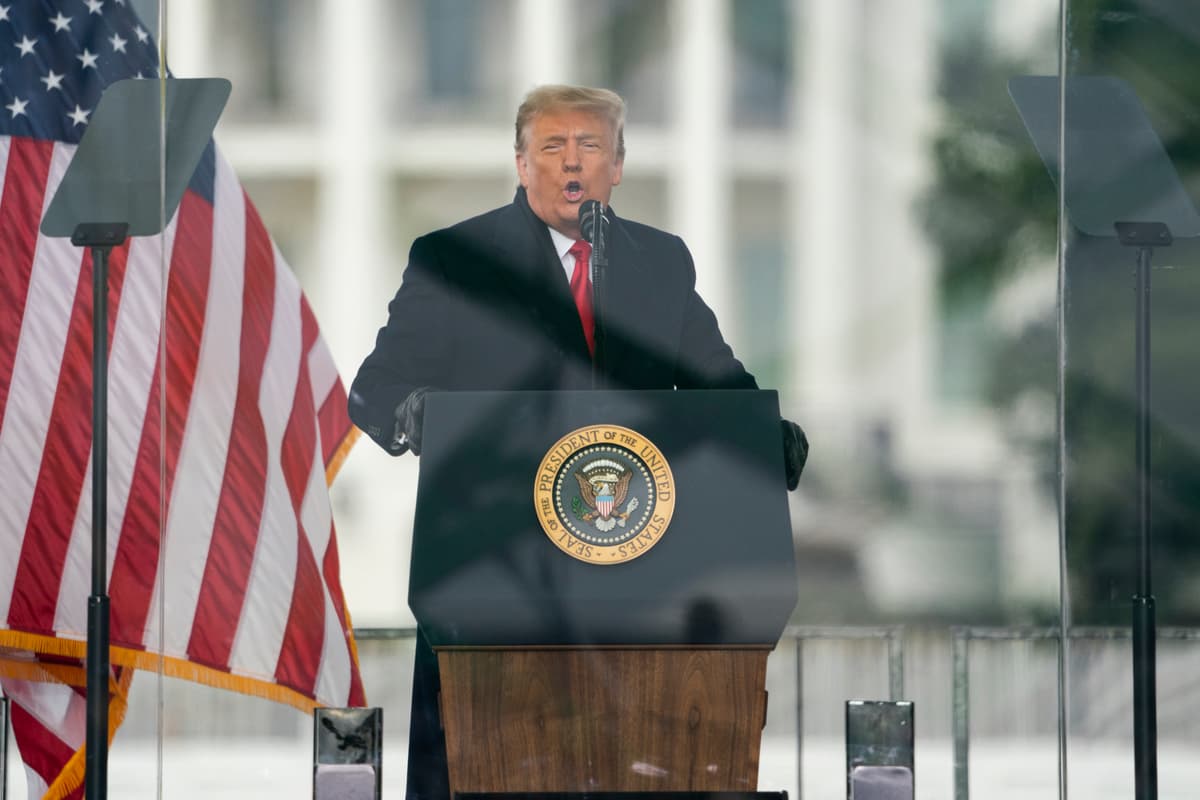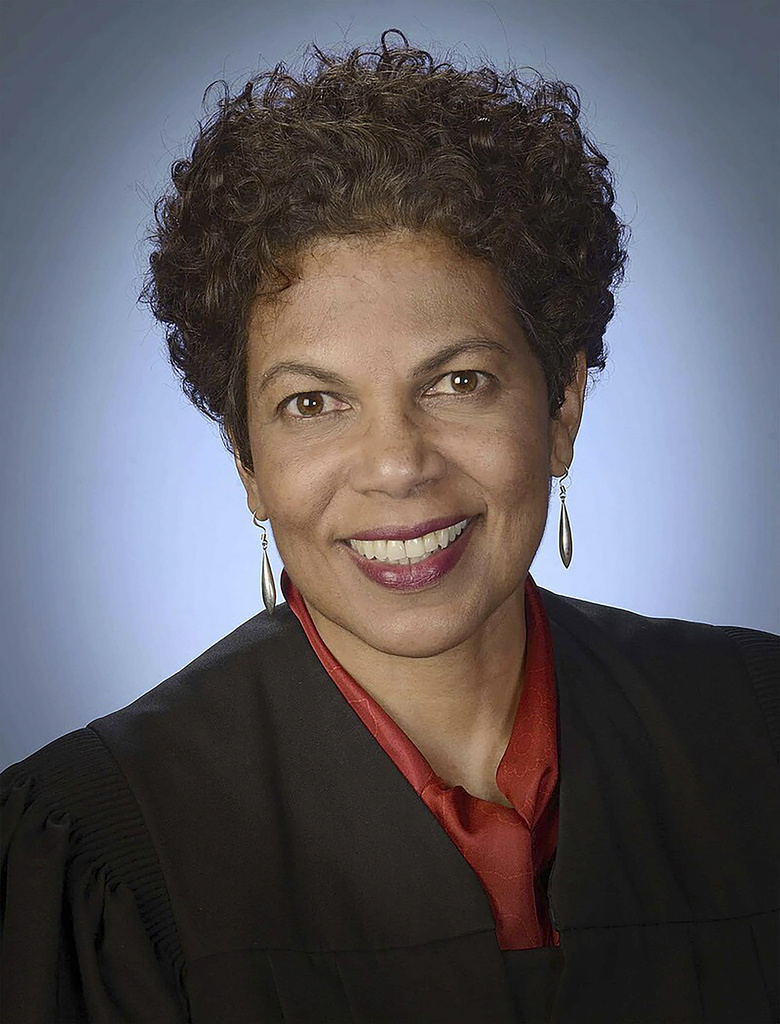Judge Lets Jack Smith File January 6 ‘Hit Piece,’ Rejects Trump’s Protests That It’s Election Interference
The special counsel scores permission to file his book-length case for why the 45th president can be prosecuted.

Judge Tanya Chutkan’s decision to grant permission to Special Counsel Jack Smith to file an “oversized” brief is a blow to President Trump’s efforts to ward off a January 6 filing that could be politically devastating. The former president calls it a “false hit piece,” but his options to stop it could be running out.
The special counsel had asked Judge Chutkan to allow him to submit a 180-page opus on why the Supreme Court’s grant of immunity does not prevent him from prosecuting the 45th president for election interference. The Nine returned the January 6 case to Judge Chutkan after ruling that official presidential acts are presumptively immune.
Mr. Smith argued that a book-length argument “will be of great assistance to the Court” in fulfilling the justices’ mandate to determine what evidence in his indictment is immune. Trump contended that the release of such a document so close to the election amounts to “a new development illustrating the unprecedented and irregular nature” of the case against him.
Judge Chutkan, though, is persuaded that Mr. Smith’s intention to file a brief that is four times longer than the usual limit of 45 pages serves “the efficient resolution of immunity issues in this case.” She asserts that the “length and breadth of the Government’s proposed brief reflects the uniquely” challenging task of discerning what can survive the new doctrine of presidential immunity. She also remarks on the prosecution’s “unusual procedural posture,” a possible swipe at the task the high court has left for her on remand.

The judge’s tone suggests that her patience with Trump’s efforts to block the brief from seeing the light of day is wearing thin. To his contention that allowing its submission would run “contrary to law procedure, and custom,” she reminds his lawyers that the filing of dueling briefs “is simply how litigation works: Each side presents arguments and proffers evidence on disputed issues.”
Judge Chutkan decries what she calls the “incoherence” of Trump’s position that the time has not yet come for immunity to be litigated. The former president first wants to present his arguments on the scope of the evidence he is owed from the government as well as his case for why Mr. Smith’s appointment is unlawful. Judge Chutkan ventures that this “position runs contrary to binding D.C. Circuit precedent,” but could be fruitful on appeal.
Trump also levies the unusual argument that Mr. Smith’s proposed brief “would be tantamount to a premature and improper Special Counsel report,” which is due only at the “conclusion of the Special Counsel’s work.” The suggestion appears to be that the special counsel, having failed to secure a verdict before the election, is intent on using this brief as an opportunity to make a closing argument in advance of the November 5 election.
The former president also accuses Mr. Smith of violating the Department of Justice’s own guidance on avoiding election interference, which prohibits selecting the “timing of any action, including investigative steps, criminal charges, or statements, for the purpose of affecting any election.”
Trump, to provide ballast to that argument, quoted one of his bêtes noires, a one-time director of the FBI, James Comey, who declared that his bureau avoided “taking any action in the run up to an election, if we can avoid it.” He also cites the erstwhile attorney general, Loretta Lynch, who once said that the “practice has been not to take actions that might have an impact on an election, even if it’s not an election case.”
Judge Chutkan, though, writes that she “need not address the substance of those claims” because Trump “does not explain how those putative violations cause him legal prejudice in this case, nor how this court is bound by or has jurisdiction to enforce Department of Justice policy.” Mr. Smith’s brief arrives Thursday, if Trump does not manage to persuade a higher court to intervene.

